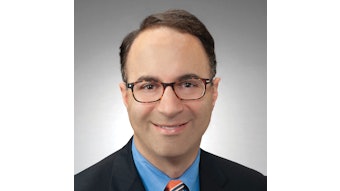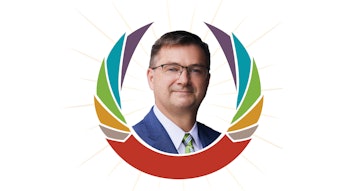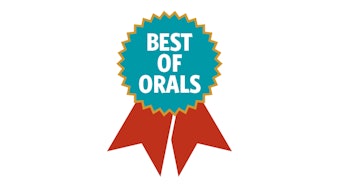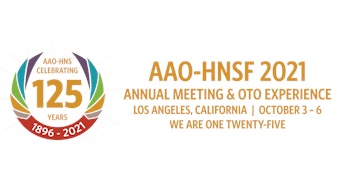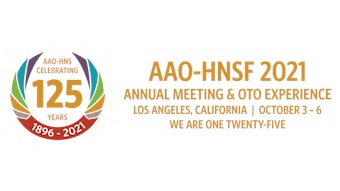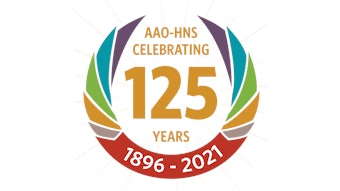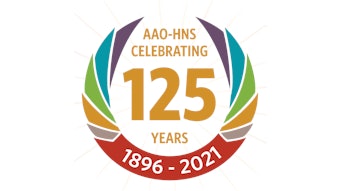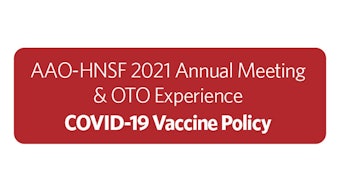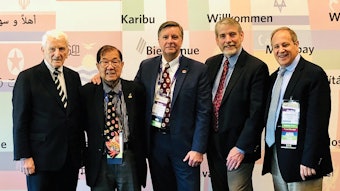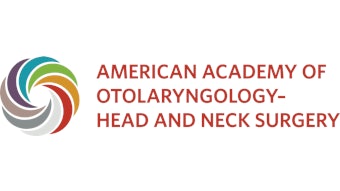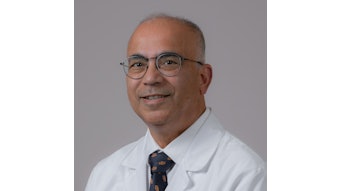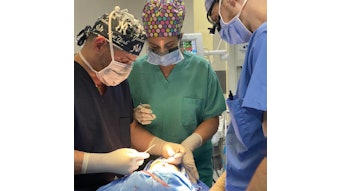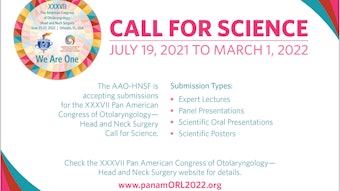NEW! Private Practice Study Group: Giving Private Practitioners a Strong Voice and Community
The BOD Executive Committee has approved a Private Practice Study Group (PPSG) that should result in the formation of the Academy’s fourth section, the Section of Private Practitioners, following successful completion of the necessary requirements.
James C. Denneny III, MD, AAO-HNS/F Executive Vice President and CEO Ken Yanagisawa, MD, AAO-HNS/F President-elect

While these steps have been helpful and the Academy has, more often than not, had success in addressing private payer challenges, the demands and expectations placed on our providers continue to grow in prevalence and complexity. The two recently proposed CMS regulations for calendar year 2022 most heavily impacting practicing otolaryngologist-head and neck surgeons—the Medicare Physician Fee Schedule and Hospital Outpatient Prospective Payment System proposed rules—continue the agency’s trend of devaluing surgical services in a way that has failed to keep pace with actual practice expenses.
The entire Medicare Physician Fee Schedule continues to be subject to the federal budget sequestration merry-go-round, which is progressing with no end in sight as Congress increases domestic spending in other areas outside of the practice of medicine. Both before and during the COVID-19 pandemic, private practitioners have become increasingly frustrated with practice circumstances and their difficulty in participating at the Academy level to work to improve both their practices and ability to enhance patient care. Private practice still accounts for nearly 60% of our entire Academy membership. Numerous conversations during travels to regions across the country, comments and electronic communications from the private practice BOD At-large Directors, and feedback from many independent private practice physicians have confirmed these concerns and highlighted the urgent need to recognize and address these vital member needs.
The BOD Executive Committee has approved the formation of a Private Practice Study Group (PPSG) that should ultimately result in the formation of the Academy’s fourth section, the Section of Private Practitioners, following successful completion of the necessary requirements over the next two years. The enthusiasm and energy surrounding this Study Group have been overwhelming. The leadership of President-elect Ken Yanagisawa, MD, and At-large Directors Eugene Brown, MD, and Bill Blythe, MD, have been critical to the formation of this group. The PPSG has the potential to be one of the most important advocacy tools and sources of information for the organization over the next few years during critical phases of public and private payment and practice reform.
The PPSG, which will have its own ENT Connect community, will work in collaboration with the Academy’s 3P Workgroup and Advocacy team to gather payer policy information and concerns necessary for successful advocacy, report on innovative practice strategies and solutions, and advise the BOD on its constituents’ needs. Equally as important, it will give a large number of private practitioners a strong voice and a community through which they can take an active role in advocacy efforts. Concurrently, the PPSG will provide a pipeline to recruit new Academy leaders from the private practice community who will develop expertise in the socioeconomic and health policy arenas. The PPSG will also provide valuable information and mentorship to our trainees and young physicians about the merits and joys of a career in private practice. In addition to sharing experiences and successes, the community will increase the visibility and value of private practice medicine with the goal of working to preserve and promote this practice model for future otolaryngologists.
